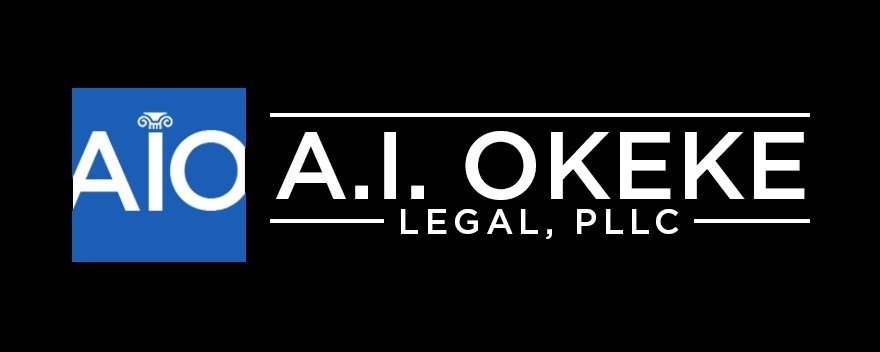Safeguard Your Business With These Essential Startup Contracts
Law Blog: Safeguard Your Business With These Essential Startup Contracts
As a budding entrepreneur, launching a startup can be an exciting and promising venture. However, amidst the whirlwind of innovative ideas and business plans, it's crucial not to overlook the importance of legal protection. Drafting and executing essential startup contracts can play a pivotal role in safeguarding your business from potential risks and disputes.
1. Non-Disclosure Agreement (NDA)
A Non-Disclosure Agreement is the foundation of protecting your business's confidential information. Whether you're discussing proprietary technology with potential investors or sharing trade secrets with employees, an NDA ensures that the sensitive information remains confidential. It prevents the recipients from disclosing or using the information for their advantage, safeguarding your intellectual property and competitive advantage.
2. Co-Founder Agreement
Collaborating with co-founders is a common practice in startups. However, it is crucial to define the roles, responsibilities, equity ownership, decision-making processes, and future contingencies within a Co-Founder Agreement. This contract clarifies expectations, resolves conflicts, and ensures that each co-founder's contributions and interests are properly protected. It also addresses potential scenarios, such as a co-founder leaving the startup or conflicts arising between the parties.
3. Employee Contracts
Hiring the right team is crucial for the success of your startup. Employee contracts, which include clauses such as confidentiality, non-competition, non-solicitation, and intellectual property ownership, are essential to protect your business's interests. These contracts clearly outline the roles, responsibilities, compensation, and benefits, establishing a clear understanding between both parties. Additionally, they address the ownership and protection of intellectual property created by employees during their employment.
4. Independent Contractor Agreement
Startups often rely on independent contractors for specific projects, services, or expertise. The Independent Contractor Agreement ensures that these contractors are not classified as employees, protecting your business from potential misclassification claims. It outlines the scope of work, deliverables, payment terms, confidentiality obligations, and intellectual property ownership. Clearly defining the relationship and expectations reduces the risk of disputes and clarifies the contractor's status.
5. Terms of Service and Privacy Policy
In today's digital age, it is crucial for startups to have an online presence. Establishing strong Terms of Service (ToS) and Privacy Policy agreements is essential to protect your business and user data. The ToS sets the rules and expectations for using your website, application, or service, outlining user obligations and disclaiming liabilities. The Privacy Policy governs the collection, use, and protection of user data, ensuring compliance with relevant data protection regulations.
6. Client/Supplier Contracts
Entering into contracts with clients and suppliers is a common practice for startups. Ensuring that these contracts are carefully drafted and properly executed protects your business from potential breaches and disputes. These contracts should outline the expectations, deliverables, payment terms, termination clauses, and liability limitations. Properly drafted contracts lead to better relationships with clients and suppliers, clarity in case of disputes, and protection of your business interests.
Conclusion
While building a startup, don't underestimate the significance of essential contracts in safeguarding your business. These contracts provide the necessary legal protection and clarity, minimizing risks, and disputes. Engaging the services of a skilled attorney can help ensure that these contracts are tailored to your specific needs and compliant with applicable laws. By prioritizing these essential startup contracts, you can navigate the business landscape with confidence and focus on achieving your startup's goals.
Disclaimer: This article is intended for informational purposes only. It is not intended to be a substitute for professional legal advice or judgment. Readers should not act upon the information contained in this article without seeking professional legal counsel. The author and publisher of this article are not responsible for any actions or decisions taken based on the information presented in this article.


